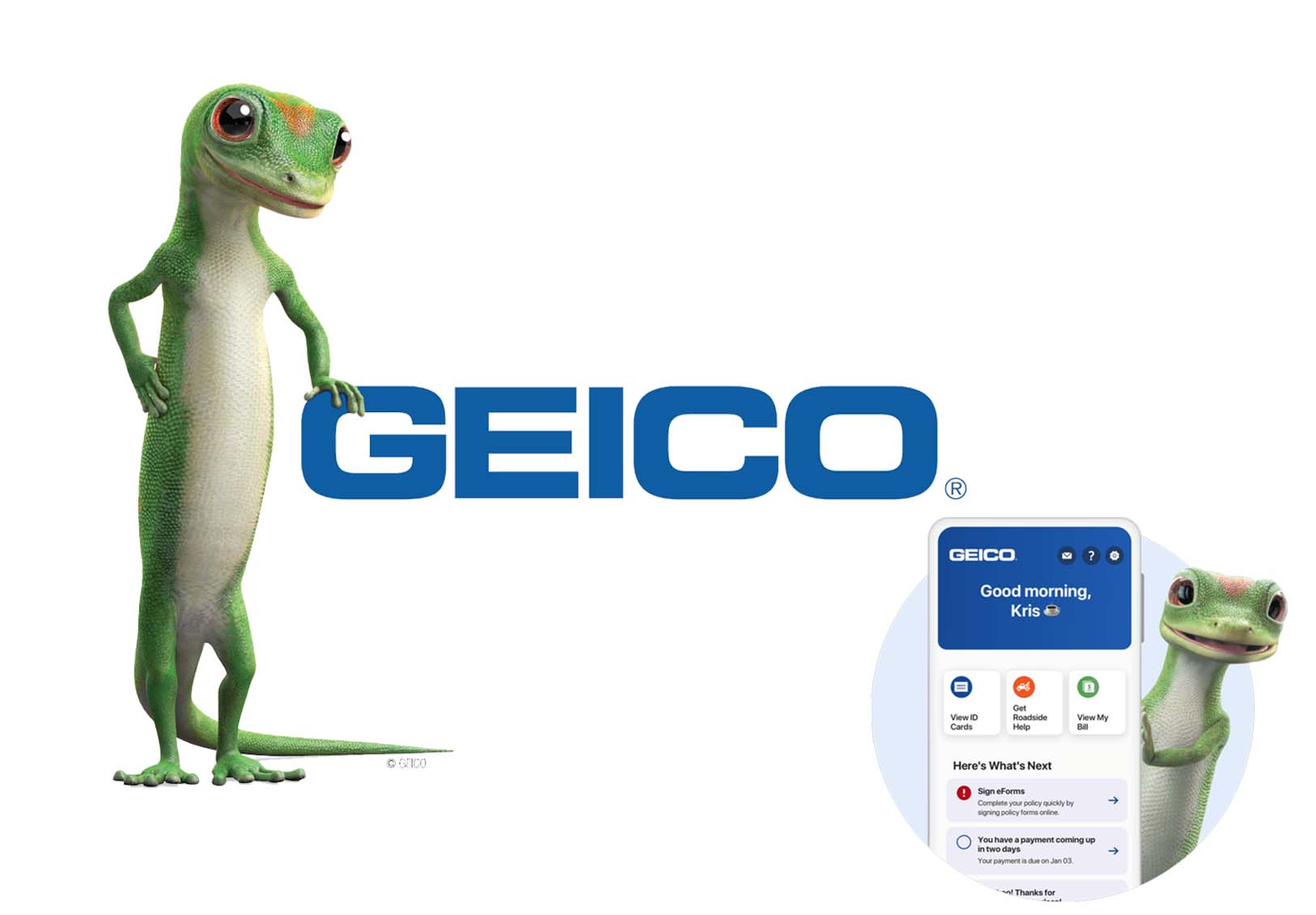Insurance for small business is a safety net that shields your enterprise from financial losses due to unforeseen circumstances. From property damage to lawsuits, accidents to data breaches, the challenges businesses face can be overwhelming. Having the right insurance coverage mitigates these risks and provides you with peace of mind to focus on growing your business.

Starting and running a small business can be a thrilling endeavor, but it’s not without its risks. The unexpected can happen, and that’s where insurance for small businesses comes into play. In this article, we’ll explore the importance of insurance for small businesses, the types of insurance coverage available, and how to choose the right policies to protect your venture.
Understanding the Importance of Insurance
1. Mitigating Financial Risk
Running a small business involves financial investments and responsibilities. However, there’s always a degree of uncertainty that comes with economic fluctuations, accidents, or legal issues. Insurance acts as a safety net, providing financial support to overcome unexpected challenges.
2. Protecting Against Liability
Small businesses can face lawsuits due to accidents, property damage, or other incidents. Liability insurance ensures that you’re covered for legal fees and potential settlements, allowing your business to stay afloat even during litigation.
Types of Insurance for Small Businesses
1. General Liability Insurance
This foundational coverage safeguards against third-party claims of bodily injury, property damage, or personal injury. It’s essential for businesses that interact with clients, customers, or the public.
2. Property Insurance
Property insurance covers physical assets like buildings, equipment, and inventory from perils such as fire, theft, or vandalism. It helps you recover quickly from unforeseen disasters.
3. Business Interruption Insurance
In the event of a disaster that forces your business to halt operations temporarily, this coverage ensures that you have the financial means to continue paying bills, salaries, and other ongoing expenses.
4. Professional Liability Insurance
Also known as Errors and Omissions (E&O) insurance, this is crucial for businesses that offer professional services. It protects against claims of negligence or inadequate work that might lead to financial loss for clients.
5. Workers’ Compensation Insurance
If you have employees, workers’ comp is typically required. It covers medical expenses and lost wages if employees are injured on the job.
6. Cybersecurity Insurance
In today’s digital age, protecting your business from cyber threats is paramount. This insurance covers losses resulting from data breaches, hacks, or other cyber incidents.
Choosing the Right Policies
1. Assess Your Risks
Before purchasing insurance, identify the potential risks your business faces. This will help you determine which types of coverage are most critical for your industry and operations.
2. Research Providers
Look for reputable insurance providers that specialize in small business coverage. Read reviews, compare quotes, and assess their track record in handling claims.
3. Tailor Coverage to Your Needs
Customize your insurance package to suit your business’s unique needs. Avoid overpaying for unnecessary coverage, but ensure you have comprehensive protection where it matters.
Benefits of Small Business Insurance
- Financial Protection: Insurance cushions your business from unexpected costs that could otherwise drain your resources.
- Legal Coverage: Lawsuits can be financially devastating. Insurance covers legal fees and settlements, allowing you to defend your business without crippling expenses.
- Credibility: Having insurance enhances your business’s credibility. It shows clients, partners, and investors that you’re prepared for potential challenges.
- Employee Well-being: Workers’ compensation ensures your employees are cared for if accidents occur on the job.
Conclusion
Insurance for small businesses is more than a safety net – it’s a crucial investment in the longevity and stability of your venture. By understanding the various types of coverage available and tailoring your policies to your specific risks, you can rest assured that your business is well-protected against unforeseen challenges.
Frequently Asked Questions
1. What is the cost range for small business insurance? The cost varies based on factors like the type of coverage, business size, industry, and location. It’s advisable to get quotes from multiple providers to find the best deal.
2. Is insurance legally required for small businesses? While certain types of insurance, like workers’ compensation, are legally mandated in many places, other coverage options are generally recommended but not legally required.
3. Can I bundle different types of insurance together? Yes, many insurance providers offer the flexibility to bundle various coverage options, which can often lead to cost savings compared to purchasing policies separately.
4. How often should I review and update my insurance policies? It’s a good practice to review your insurance policies annually or whenever your business experiences significant changes. This ensures that your coverage aligns with your current risks and needs.
5. What steps can I take to minimize my insurance premiums? Implementing safety measures, maintaining a good claims history, and working with an experienced insurance agent can help you qualify for discounts and lower premiums.

